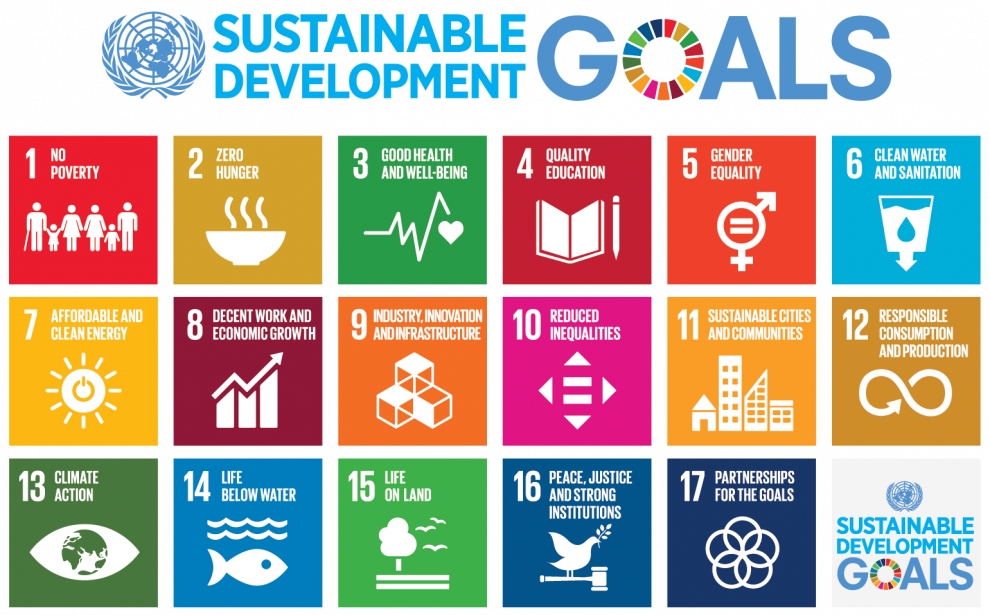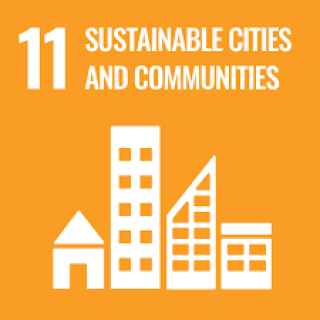About the Chair
When an earthquake strike might last no more than a minute, an hurricane will last maybe a day, a flood maybe a week. But the damage to vulnerable schools and the disruption to children’s education, can last months and even years, with repercussion on their life.
The UNESCO Chair at University College London on Disaster Risk Reduction and Resilience Engineering, led by Prof Dina D’Ayala, develops effective methods to assess and mitigate the risk of damage by natural hazards to existing and new school buildings. In this way the Chair contributes to improve the equity of access to safe learning environment for children in vulnerable communities, by ensuring continuity of the education services to reduce lost school days and lost lives at school.
Disaster risk reduction is a prerequisite for sustainable development. Creating in-country expertise to deliver resilient schools and infrastructure systems is therefore key to the delivery of community sustainability in the medium term.
About the Chair’s Research
The Chair collaborates with colleagues in many countries worldwide, including the Philippines, Nepal, Colombia and Indonesia, to create a research network and a shared knowledge, which promotes a shift in approach to school safety from individual building to local and regional school infrastructure, including the critical lifelines that make schools functional. The objective is to consider the whole process of resilience from assessment and upgrading, before damaging natural events, to rapid response and recovery following their occurrence. The fundamental values of education for all, gender balance and safe and resilient communities underlay our activities.
Contribution to the Sustainable Development Agenda
Education underpins every aspect of the SDA, and safer and resilient schools are an essential prerequisite of continued quality education. Creating in-country expertise to deliver resilient socio-technical systems is therefore key to the delivery of community sustainability in the medium term. Today, 90% of urban expansion takes place in developing countries, in proximity of sources of natural hazards, in informal and unplanned settlements. Lack of infrastructure and proper land use plans exacerbates risks to residents and quality of life. Safer and resilient schools and critical infrastructure reduces adverse effect of hazards not just in terms of the immediate impacts, but also in the rapid response and recovery phases. Away from hazardous events good quality infrastructure promotes growth and sustainable development. With these major focuses, the UNESCO Chair contributes to meet the commitment towards Disaster Risk Reduction as a prerequisite for sustainable development.
 Close
Close




